Dune Director Denis Villeneuve Posits Marvel And Superhero Films “Have Turned Us Into Zombies”
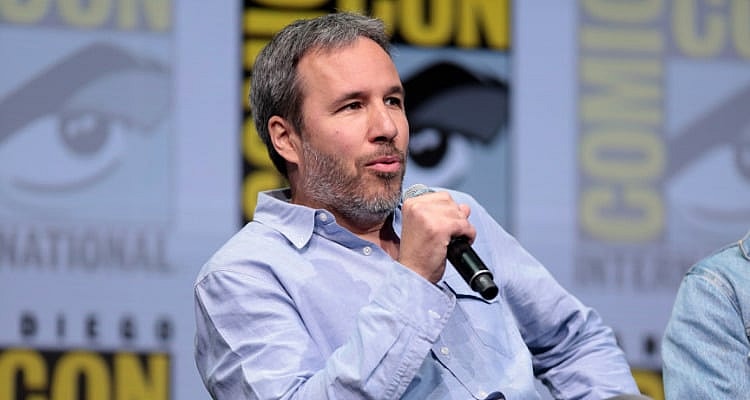
Dune director Denis Villeneuve recently posited that Marvel and superhero films have turned filmgoers “into zombies.”
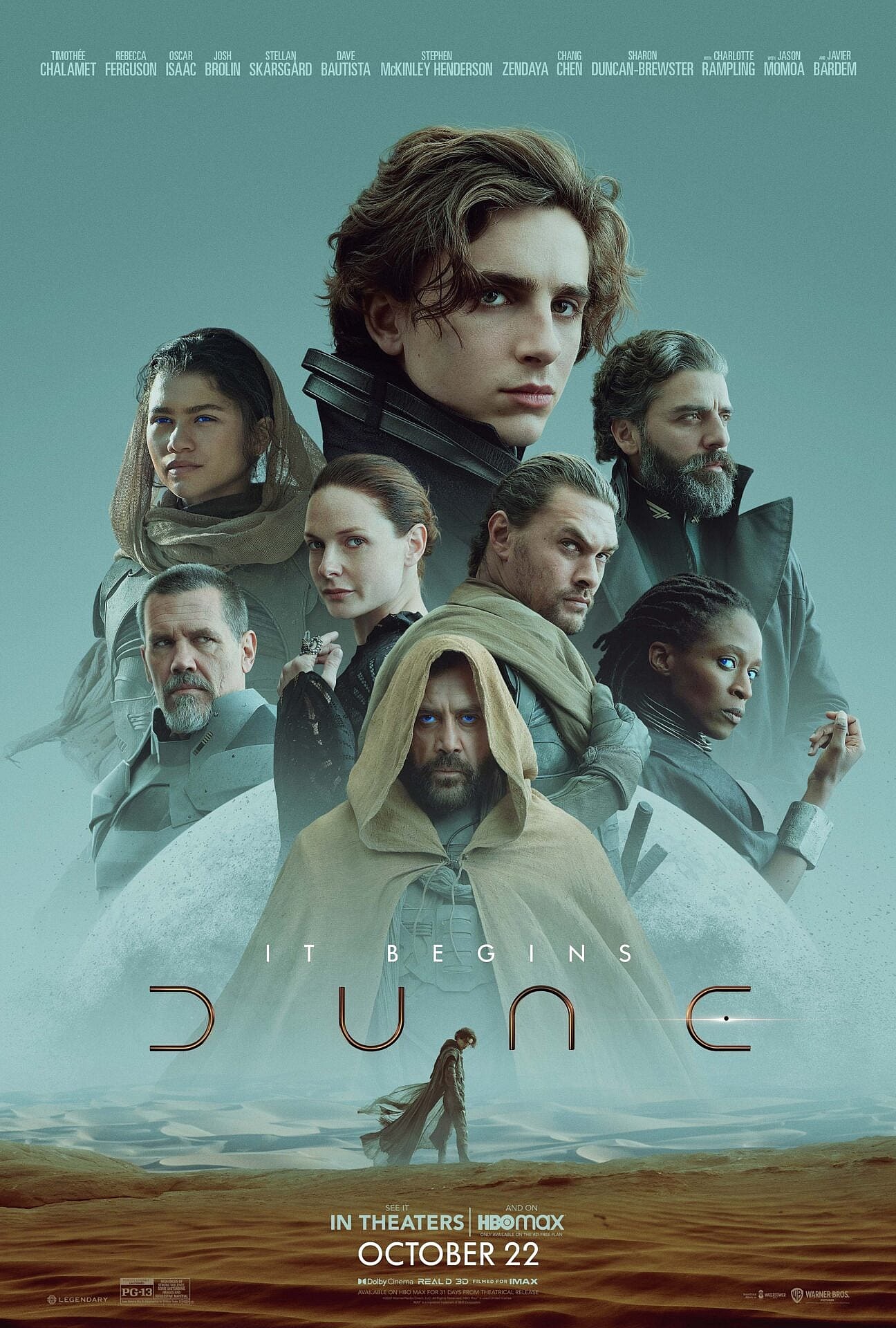
Villeneuve’s comments came during an interview to promote the upcoming Dune film with Spanish-language website El Mundo.
Using Google’s machine translation from Spanish to English, Villeneuve was asked, “Isn’t it contradictory to you that [Dune] is a ‘blockbuster’ (the greatest exponent of commercial cinema and, therefore, of the system it criticizes) who wants to become the conscience against the drift of capitalism?”
The director responded, “Just think of the golden age of Hollywood to see that commercial films can make a different artistic proposal and, therefore, political. I have never felt like a loss or an impediment to have a generous budget to do what I wanted to do. Upside down.”
He then questioned, “Who said that a movie on a big budget can’t be artistically relevant at the same time? I am currently thinking of people like Christopher Nolan or Alfonso Cuarón.”
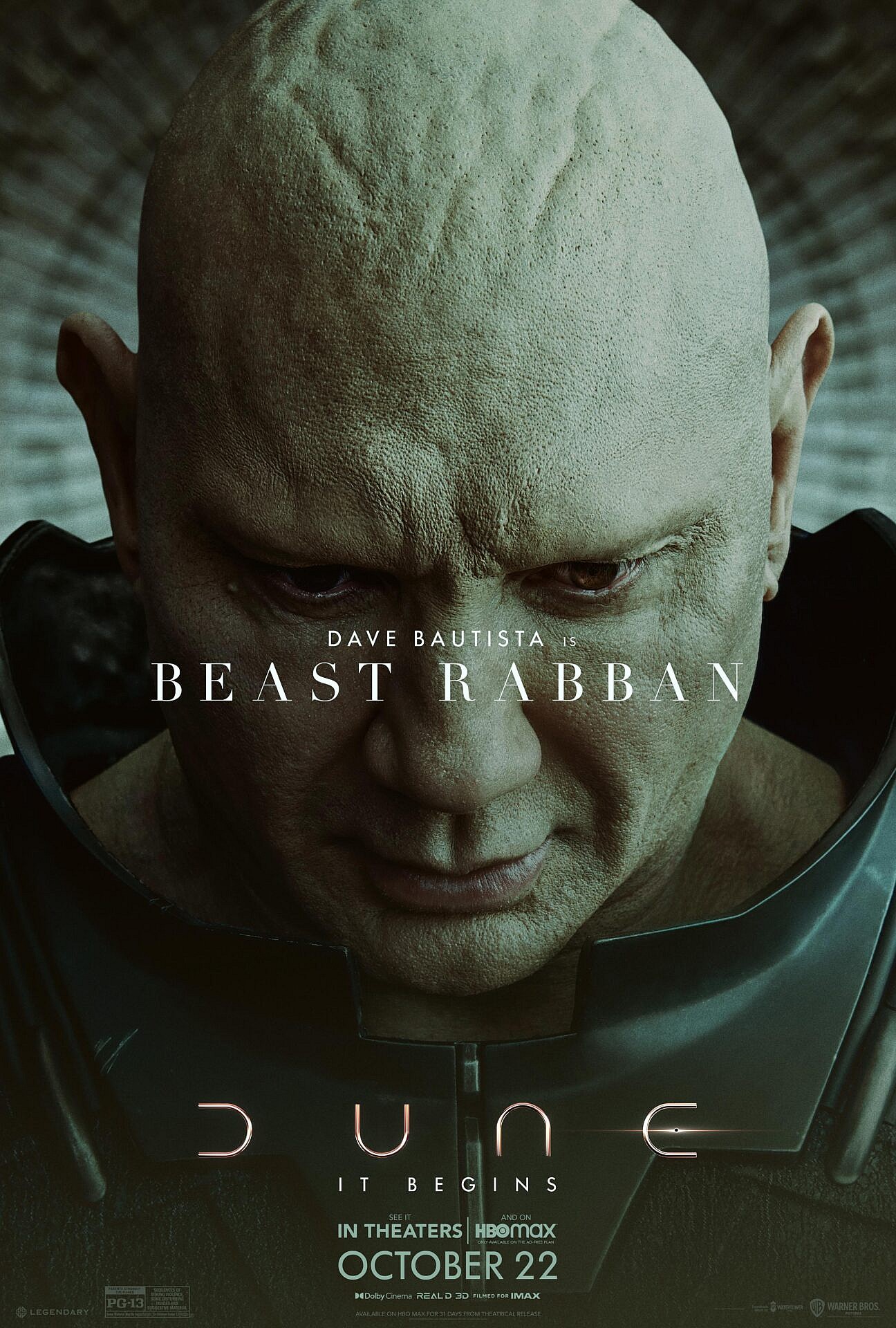
In a follow-up, Villeneuve would be asked about Martin Scorsese’s recent comments about superhero films.
Back in 2019, Scorsese spoke to Empire Magazine to promote his Irishman film when he was asked about Marvel Studios film. The Gangs of New York director commented, “I don’t see them. I tried, you know? But that’s not cinema.”
He further added, “Honestly, the closest I can think of them, as well made as they are, with actors doing the best they can under the circumstances, is theme parks. It isn’t the cinema of human beings trying to convey emotional, psychological experiences to another human being.”
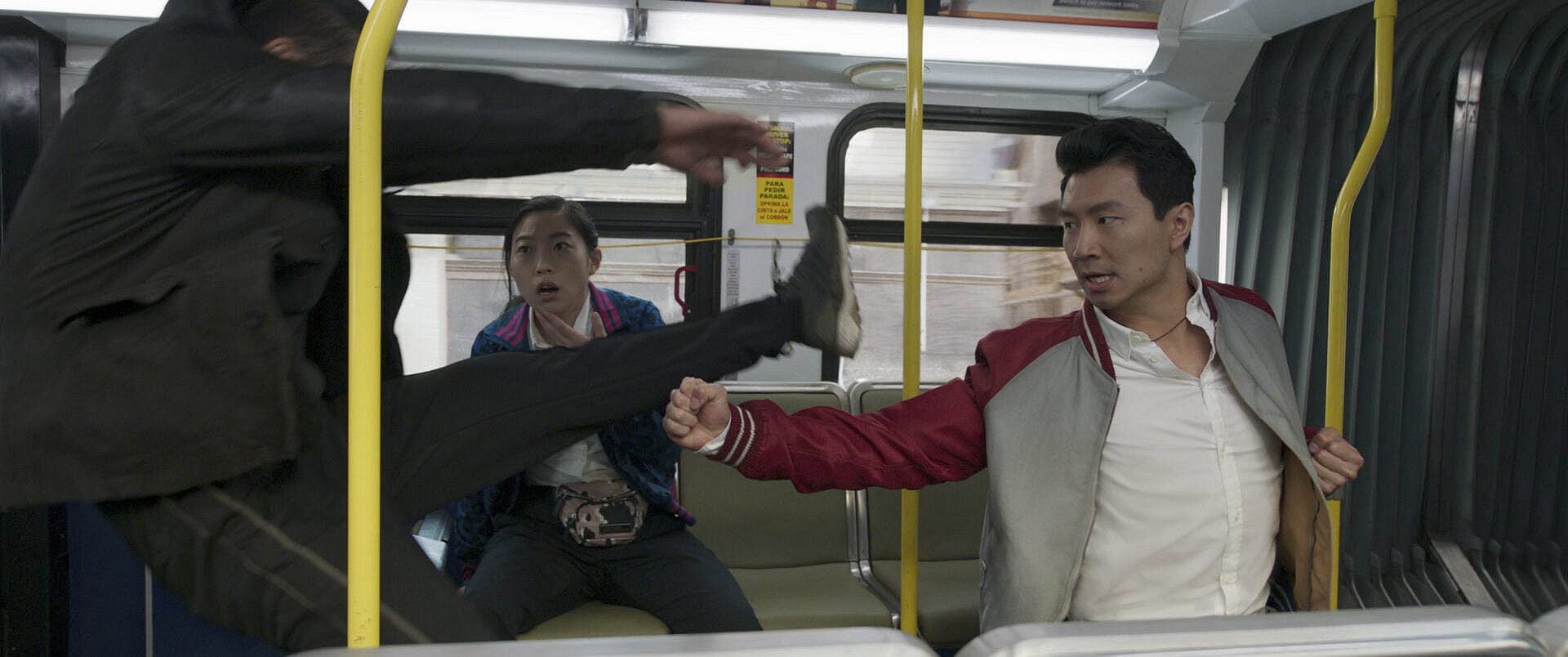
In an op-ed published in The New York Times, Scorsese would further flesh out his thoughts on Marvel films saying, “Some people seem to have seized on the last part of my answer as insulting, or as evidence of hatred for Marvel on my part. If anyone is intent on characterizing my words in that light, there’s nothing I can do to stand in the way.”
He further added, “The fact that the films themselves don’t interest me is a matter of personal taste and temperament. I know that if I were younger, if I’d come of age at a later time, I might have been excited by these pictures and maybe even wanted to make one myself. But I grew up when I did and I developed a sense of movies — of what they were and what they could be — that was as far from the Marvel universe as we on Earth are from Alpha Centauri.”

“For me… cinema was about revelation — aesthetic, emotional and spiritual revelation. It was about characters — the complexity of people and their contradictory and sometimes paradoxical natures, the way they can hurt one another and love one another and suddenly come face to face with themselves,” the director explained.
He added, “It was about confronting the unexpected on the screen and in the life it dramatized and interpreted, and enlarging the sense of what was possible in the art form.”
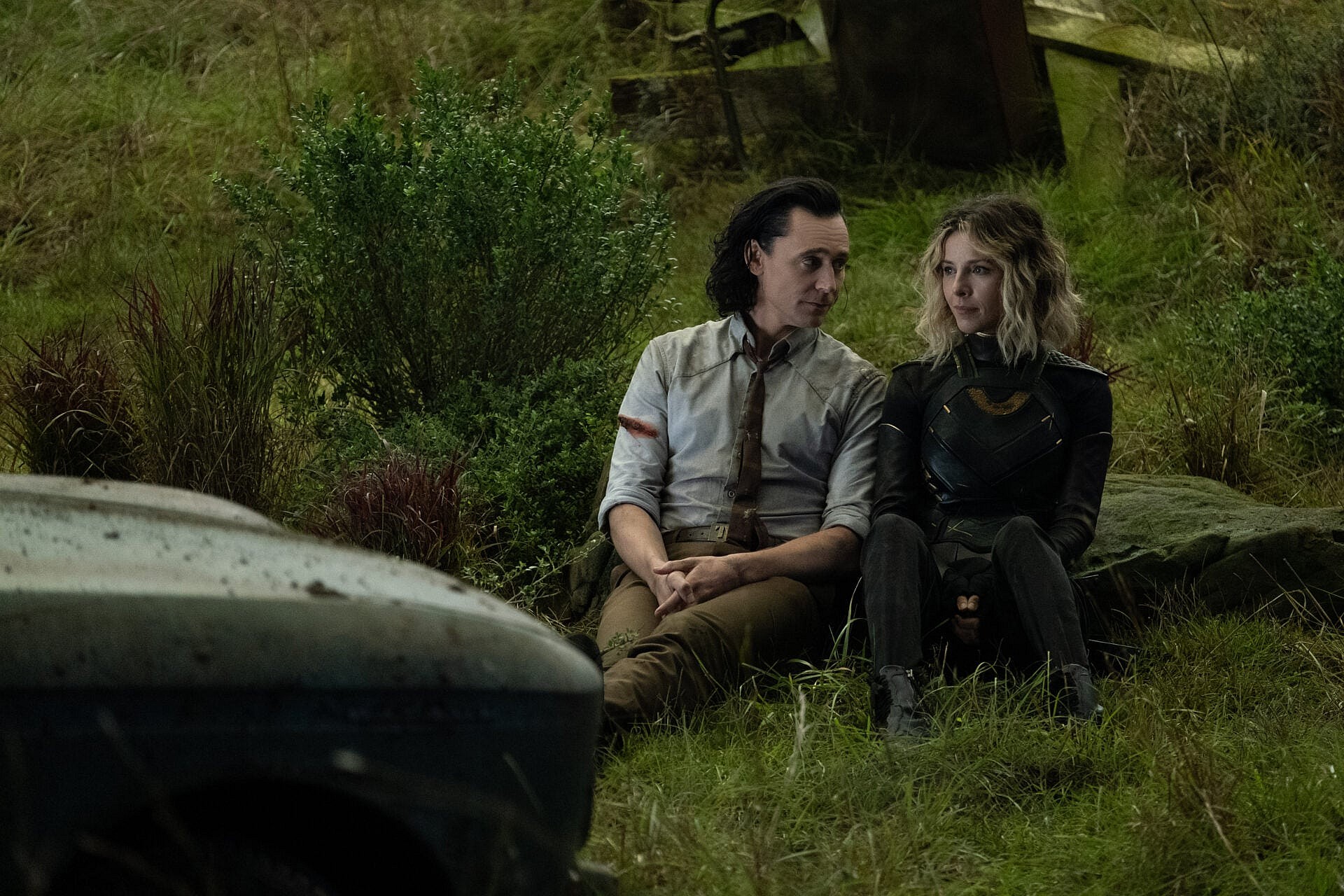
Scorsese would then address the faults he sees in modern franchise pictures, “But the sameness of today’s franchise pictures is something else again. Many of the elements that define cinema as I know it are there in Marvel pictures. What’s not there is revelation, mystery or genuine emotional danger. Nothing is at risk. The pictures are made to satisfy a specific set of demands, and they are designed as variations on a finite number of themes.”
“They are sequels in name but they are remakes in spirit, and everything in them is officially sanctioned because it can’t really be any other way. That’s the nature of modern film franchises: market-researched, audience-tested, vetted, modified, revetted and remodified until they’re ready for consumption,” Scorsese elaborated.
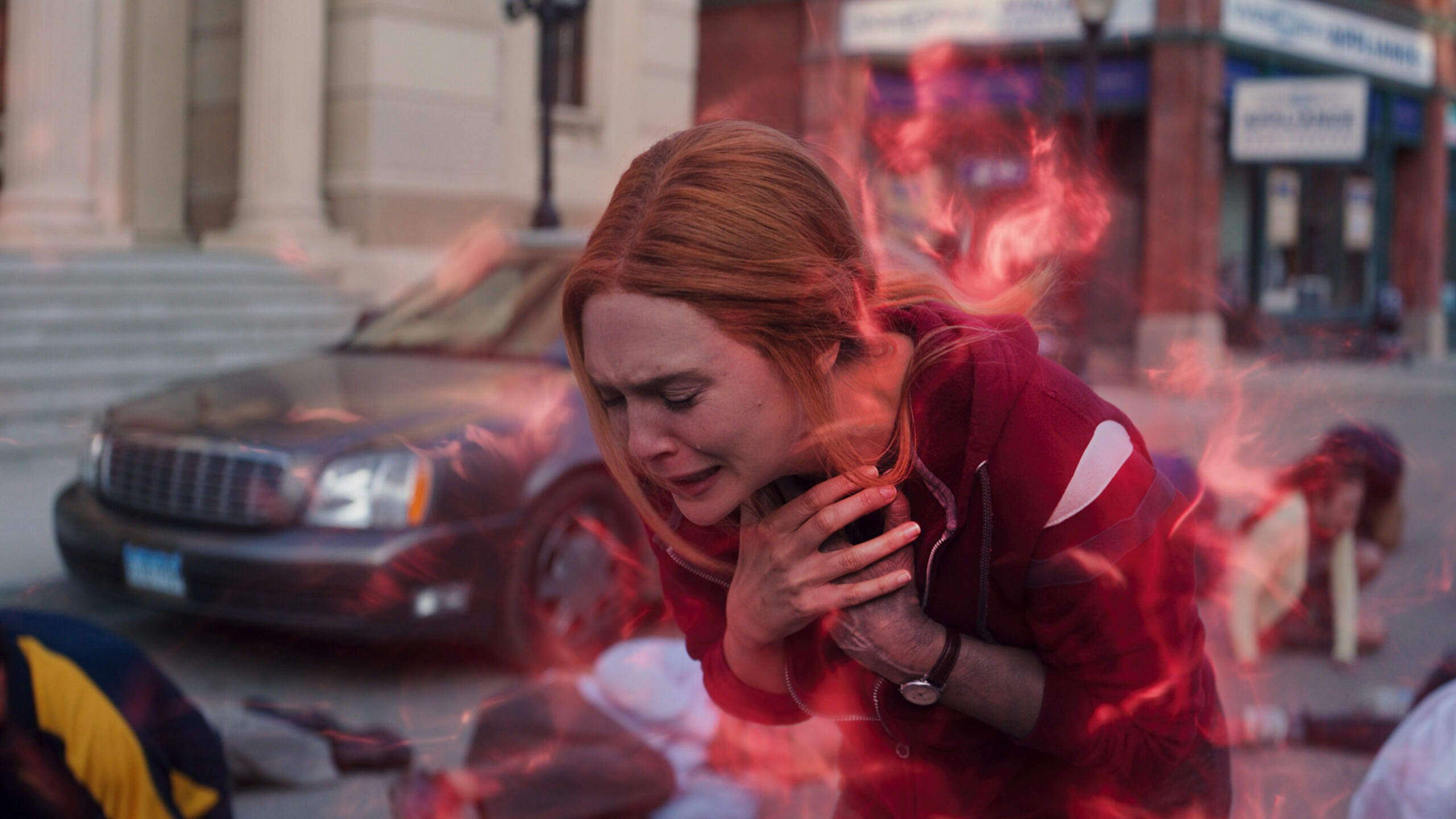
Scorsese would later reiterate that loss of risk, “In the past 20 years, as we all know, the movie business has changed on all fronts. But the most ominous change has happened stealthily and under cover of night: the gradual but steady elimination of risk.”
Many films today are perfect products manufactured for immediate consumption. Many of them are well made by teams of talented individuals. All the same, they lack something essential to cinema: the unifying vision of an individual artist. Because, of course, the individual artist is the riskiest factor of all,” he asserted.

Scorsese then clearly laid out his opinion that cinema is different from what he calls worldwide audiovisual.
He wrote, “The situation, sadly, is that we now have two separate fields: There’s worldwide audiovisual entertainment, and there’s cinema. They still overlap from time to time, but that’s becoming increasingly rare. And I fear that the financial dominance of one is being used to marginalize and even belittle the existence of the other.”
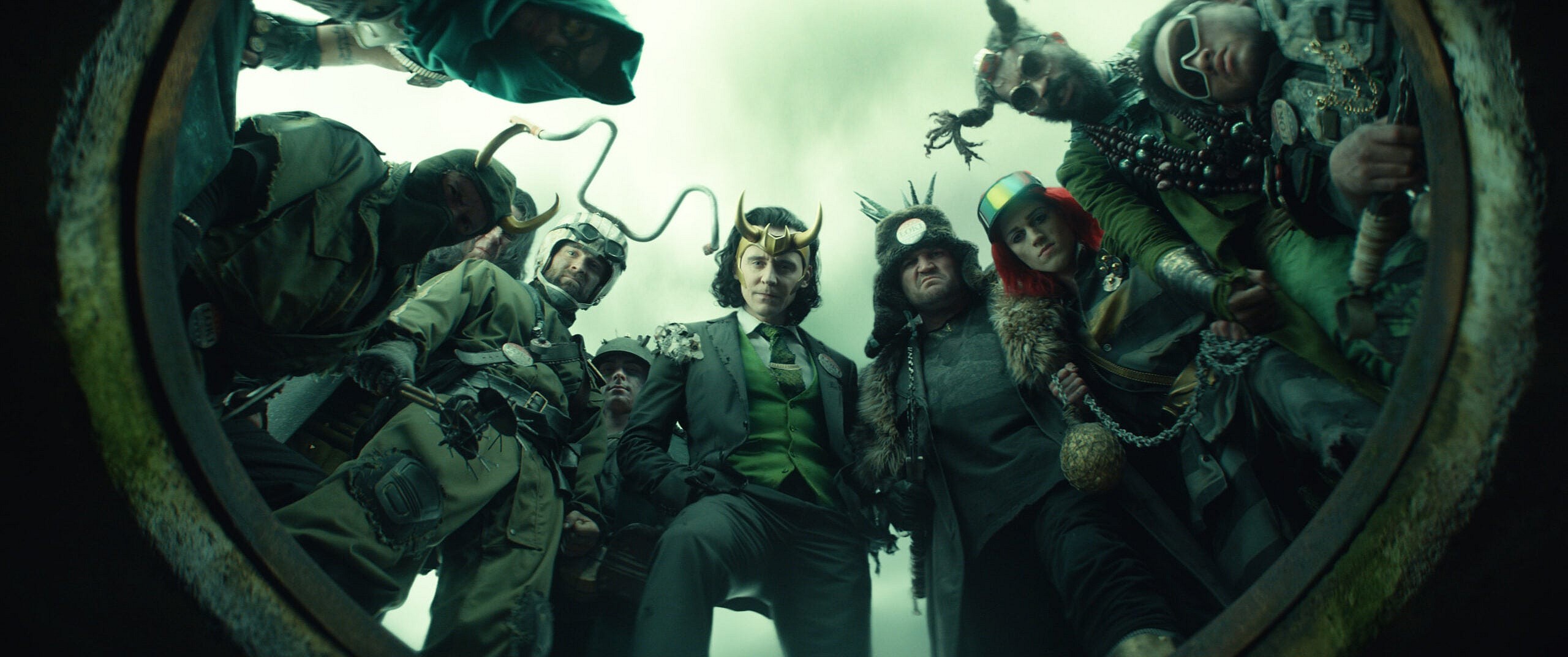
When asked about Scorsese’s thoughts, Villeneuve responded, “Perhaps the problem is that we are in front of too many Marvel movies that are nothing more than a “cut and paste” of others.”
He added, “Perhaps these types of movies have turned us into zombies a bit … But big and expensive movies of great value there are many today. I don’t feel capable of being pessimistic at all.”

What do you make of Villeneuve’s thoughts on Marvel and superhero films?
